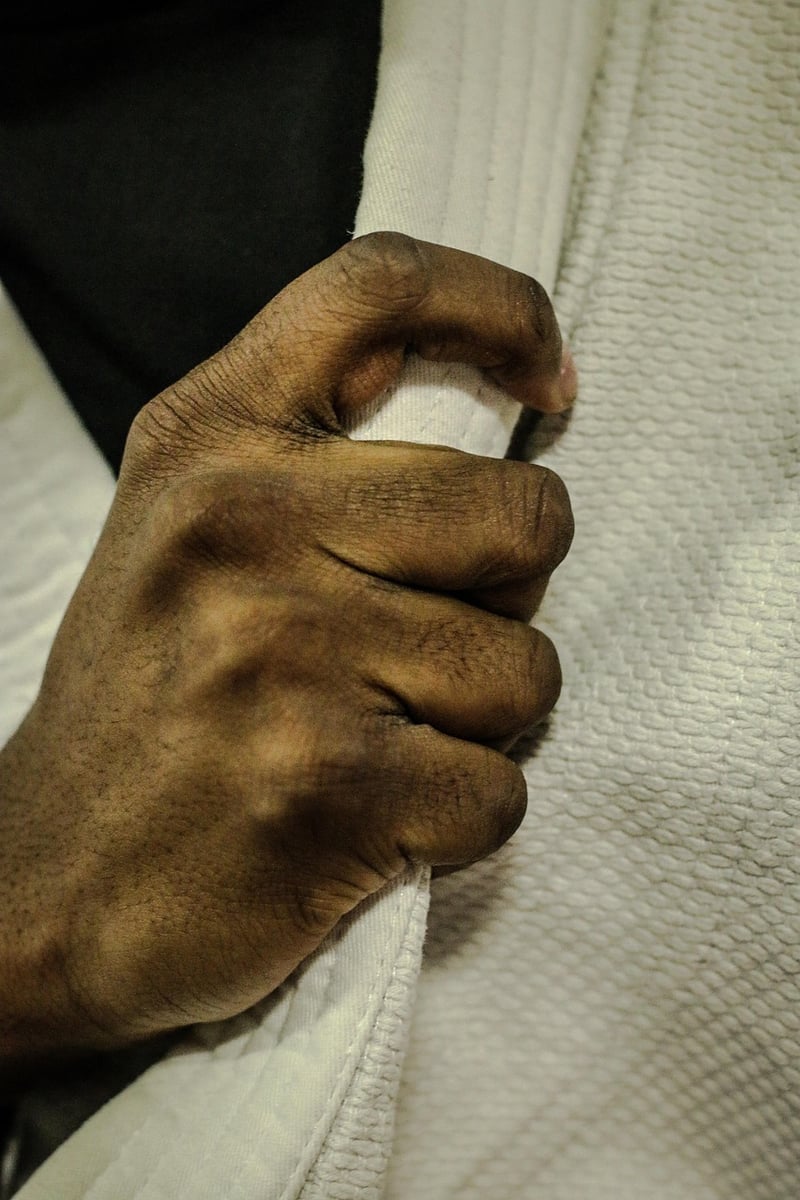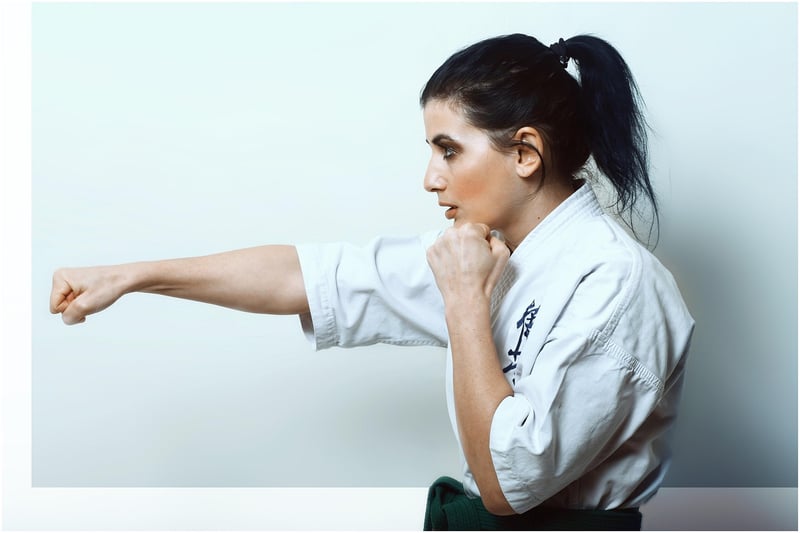Judo
Discipline and Self-Defense Techniques: A Guide to Judo
Self-defense is a crucial skill that empowers individuals to protect themselves in challenging situations. Judo, a martial art known for its focus on grappling and throwing techniques, not only equips practitioners with self-defense skills but also instills discipline and confidence. In this guide, we will explore the importance of discipline in mastering self-defense techniques, specifically in the context of Judo.
The Role of Discipline in Self-Defense
Discipline is the foundation of any martial art, including Judo. It involves commitment, focus, and self-control. In the context of self-defense, discipline is essential for several reasons:
- **Consistent Practice:** Developing self-defense skills requires regular practice and dedication. Discipline helps practitioners stay committed to their training regimen.
- **Focus and Awareness:** Self-defense situations demand quick thinking and awareness of one's surroundings. Discipline enhances mental focus, allowing individuals to react effectively in threatening scenarios.
- **Control and Restraint:** Martial arts, including Judo, emphasize the importance of using force judiciously. Discipline teaches practitioners to exercise control and restraint, only using necessary force to protect themselves.
Exploring Judo as a Self-Defense Art
Judo, which translates to "gentle way," is a traditional Japanese martial art founded by Jigoro Kano in the late 19th century. While Judo is renowned for its competitive aspect in sports, it is also highly effective for self-defense purposes.
Key elements of Judo that make it a valuable self-defense art include:
- **Grappling Techniques:** Judo focuses on throws, pins, joint locks, and chokeholds, making it effective for neutralizing attackers in close combat situations.
- **Empowerment Through Technique:** Judo's emphasis on leverage and technique allows practitioners to defend themselves regardless of their size or strength, making it suitable for individuals of all ages and genders.
- **Calmness Under Pressure:** Judo training instills a sense of calmness and composure, enabling practitioners to remain composed and think strategically in stressful situations.
Benefits of Practicing Judo for Self-Defense
There are numerous benefits to practicing Judo for self-defense, including:
- **Physical Fitness:** Judo training improves strength, flexibility, and cardiovascular endurance, enhancing overall physical fitness.
- **Self-Confidence:** Mastering self-defense techniques boosts self-confidence and self-esteem, empowering individuals in their daily lives.
- **Conflict Resolution Skills:** Judo promotes non-violent conflict resolution and teaches practitioners to defuse tense situations peacefully.
By combining discipline with the effective self-defense techniques of Judo, individuals can develop not only physical skills but also mental fortitude and emotional resilience. Whether for personal safety or personal growth, Judo offers a holistic approach to self-defense and personal development.
Remember, self-defense is not just about physical techniques; it's also about mental preparedness, awareness, and the ability to respond calmly under pressure. Cultivating discipline through martial arts like Judo can pave the way for a safer and more confident way of living.

Start your journey towards mastering self-defense and discipline with Judo today!
For more information about Judo and self-defense techniques, visit International Judo Federation.
